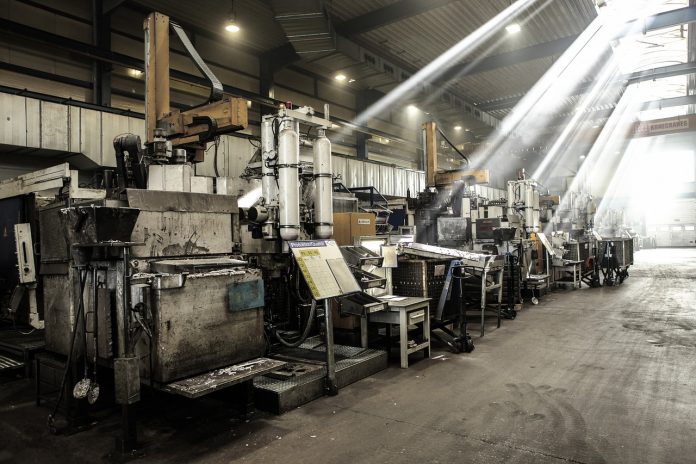Media Release
Professor Janek Ratnatunga, CEO of the Institute of Certified Management Accountants (ICMA), makes the case in an article titled “Funding Manufacturing Post COVID-19: A National Security Issue” that the $60b JobKeeper ‘windfall’ due to the a self-reporting error by 1000’s of Australian businesses will be best used to boost local manufacturing capabilities of essential items that consumers ran short of when the world’s international supply chains were severely disrupted.
“It is basically a national security issue” he emphasised, “it is vital that the Federal Government funds and supports incentives that will, “Make Australia Make Again”. For this reason, the ICMA has launched a #makeozmakeagain campaign on Twitter.
Professor Ratnatunga says that, “Whilst not making a value judgement on the merits of any of the claimants for these ‘windfall’ funds; it must be remembered that Australia has lost a lot of its manufacturing base, and the expertise that goes with it, and needs Federal government support to be revitalized.”
Professor Ratnatunga observes that Australia’s minerals are exported to other countries, especially China, to manufacture products and sell them back to us.
“Our wool is imported by China, not for its own consumption, but to value-add and export to the world.”
“The list goes on”, he says. “Our supply chains are dominated by a few countries; whose interests may vary from ours. Australia has been subjected to ‘bullying’ by being over-dependent on some countries that import large quantities from its agriculture and mining sectors.”
Professor Ratnatunga says that the COVID-19 pandemic has shown up a major flaw in this foundational principle in the theory of international trade; that of comparative advantage, where countries can mutually benefit from cooperation and voluntary trade. But if trade between countries involuntarily ceases, even temporarily due to global lockdowns, then high manufacturing skill/intensity countries like Australia are left without the basic essentials of living.
These essentials are mostly produced by labour/resource-intensive and low-skill/technology-intensive manufactures. The outcome was that when China closed down, there was a run on toilet rolls in many high manufacturing skill/intensity countries!
Professor Ratnatunga whilst Australia needs to regain our manufacturing capabilities in essentials, it does not mean that we have everyone working back on the farm or producing shoes and clothing in factories for 10% of today’s wages. It however means that the government must fund via subsidies, tax incentives and other levers, the manufacturing of essential goods. The Australian government has for years funded essential health services via its Medicare program. “The medical doctors are not paid third-world salaries, as the government funds universal health care in Australia”, he says.
Professor Ratnatunga concludes by saying that “If Australia is contemplating boosting its manufacturing capabilities across all types of skills and technologies, it must go hand-in-hand with professionally qualified management accountants to provide reliable information for decision making. Such information is best provided by those who are professionally trained in strategic cost management.
Image Credit: Funding Manufacturing Post COVID-19: A National Security Issue




















